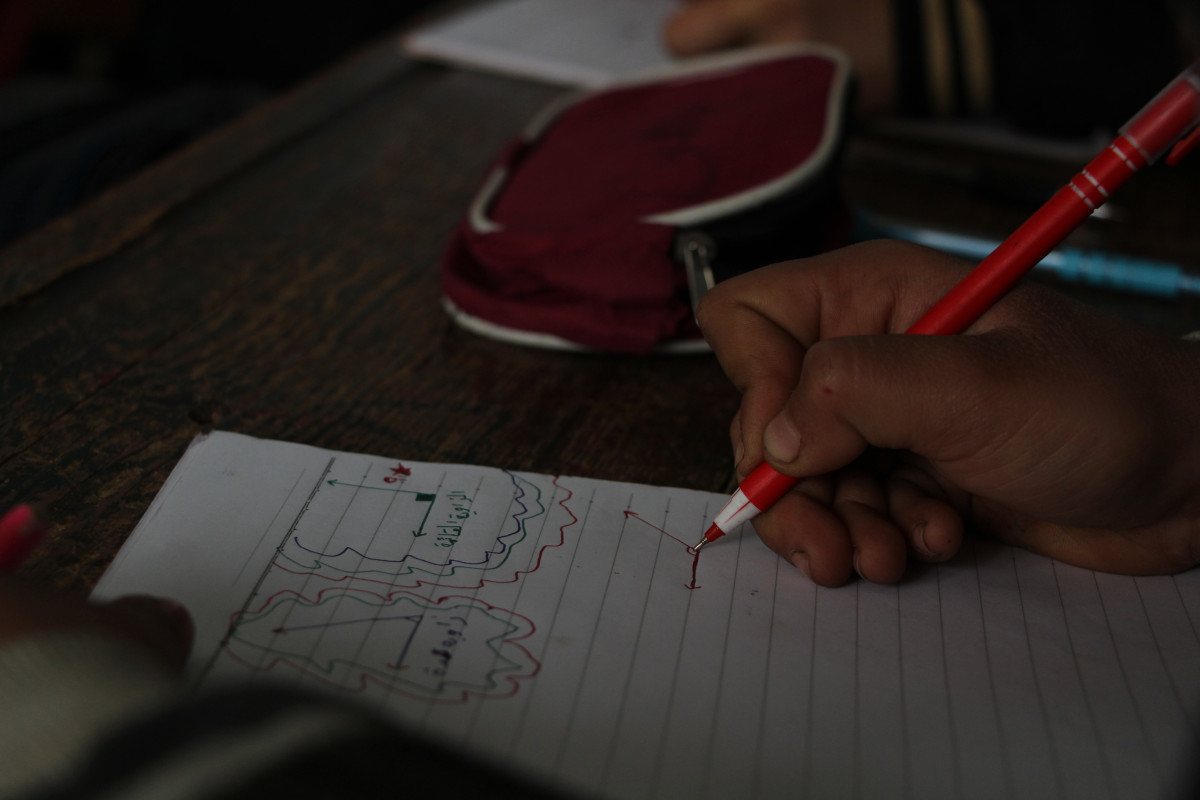Education is a universal human right!
Published: Jan 24, 2022 Reading time: 3 minutes Share: Share an articleInternational Education Day is held annually on 24 January. Education is a human right, a social good, and a public responsibility. The right to education has been recognised by some governments and the United Nations. Global initiatives are working towards achieving Sustainable Development Goal 4, which promotes quality education for all.

Without inclusive and equitable quality education and lifelong opportunities for every child, countries will fail to achieve gender equality and break the cycle of poverty that leaves millions of children, youth, and adults behind. Education empowers human development and strengthens individual respect for human rights and fundamental freedoms.
Unfortunately, access to education is not a reality for millions of people. People in Need (PIN) focuses on education not only in developing countries such as Ethiopia and Nepal, but also on inclusive education in Kosovo and in emergency situations in countries like Syria and Myanmar. Because no one should be left behind, we also support vocational technical education to help young people increase their earning potential.
Key facts according to the United Nations
- More than 260 million children worldwide are out of school.
- Education enables upward socio-economic mobility and is key to escaping poverty.
- Significant progress has been made over the past decade in increasing access to education at all levels, especially for girls.
- More than half of adolescent children worldwide do not reach even the minimum level in reading and mathematics.
- In 2020, as the COVID-19 pandemic spread, most countries announced temporary school closures, affecting more than 91% of students worldwide. Meanwhile, some 77 million children have spent 18 months or more out of class since the pandemic began.
- Nearly 369 million children who depend on school meals have had to source their daily nutrition in other ways.
- To improve these challenges, educational opportunities for teachers are needed without discrimination. Public institutions also need to employ equitable standards of education for all students.
Benefits beyond the classroom
For many vulnerable children, school is about more than education; it’s also an opportunity to socialise, laugh, and have fun after years of living with uncertainty. For example, more than 2.4 million children in Syria are out of school. Jana is lucky. She’s had the opportunity to study and, along with her classmates, hopes that her education will help her achieve her dreams to be teacher.
Say ‘No’ to discrimination in education!
PIN also supports girls' education in Ethiopia through local communities. It is not always easy to convince a family of the importance of education for their daughter. These family visits are part of a project to provide education to the most marginalized girls in the world.
Education in Nepal opens the door to a better future
At our learning centres in Nepal, PIN is working to support girls' education and improve their future prospects. Some of the projects also help married, underage girls to get a basic education. These girls have either not completed school or have never attended school. In the learning centres, students are taught reading, writing, arithmetic, as well as other life skills – such as sexual and reproductive health, information related to pregnancy and safe motherhood.
The importance of life-long learning
In Cambodia, PIN supports the education of future entrepreneurs. Through long-term and short-term courses, we expand young people's knowledge and experience in areas such as agriculture and IT. Thanks to these courses, they have the opportunity to get a better job or open their own small business. New job opportunities positively affect their financial situation and increase their standard of living.


